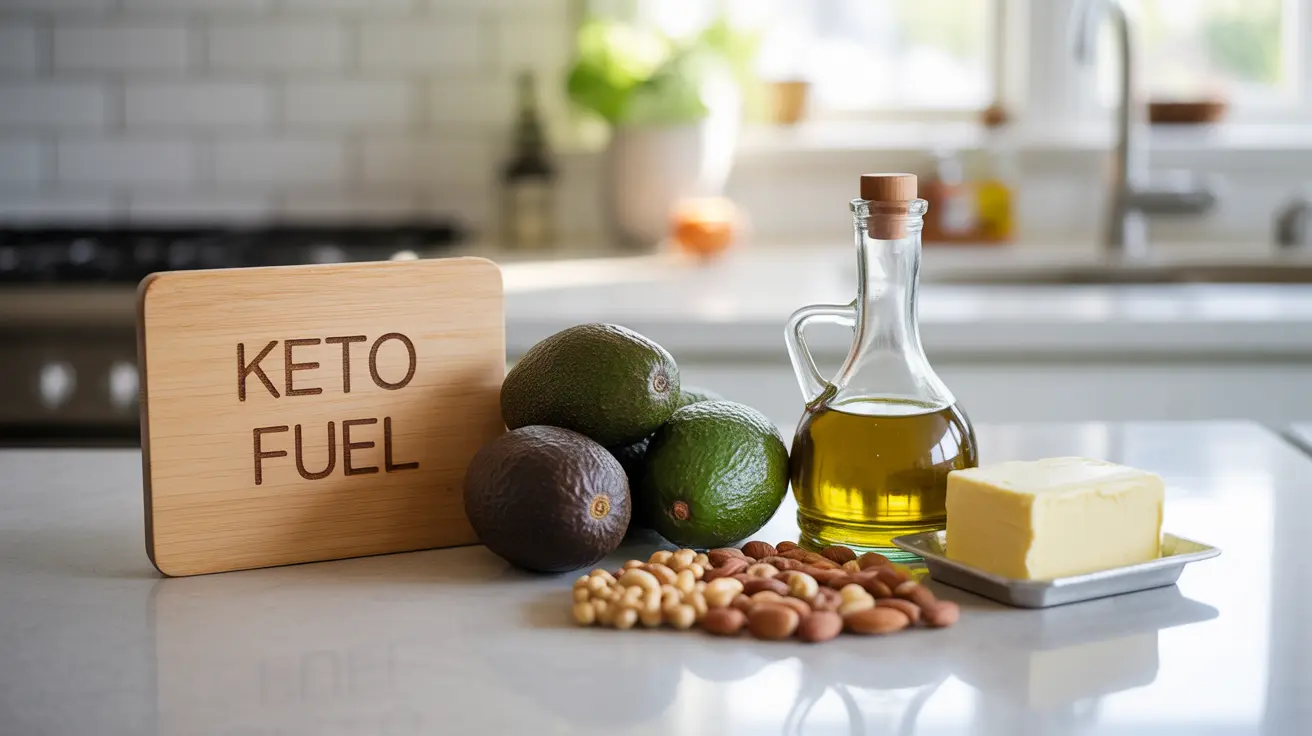The keto fast has emerged as a powerful approach to achieving ketosis more quickly and effectively. By combining the principles of ketogenic eating with strategic fasting periods, this method can help accelerate your body's transition into a fat-burning state. Understanding how to properly implement a keto fast can make the difference between success and unnecessary struggles.
In this comprehensive guide, we'll explore the essential elements of a successful keto fast, including optimal fasting windows, proper fat consumption, and effective exercise strategies. Whether you're new to ketogenic living or looking to optimize your current approach, these evidence-based insights will help you achieve your goals more efficiently.
Understanding the Keto Fast Fundamentals
A keto fast combines intermittent fasting with a ketogenic diet to enhance metabolic flexibility and accelerate ketone production. This approach typically involves restricting your eating window while maintaining a high-fat, low-carbohydrate diet during feeding periods.
The Role of Intermittent Fasting in Ketosis
Intermittent fasting naturally complements the ketogenic approach by depleting glucose stores more rapidly. Most practitioners find success with a 16/8 fasting schedule, where eating is confined to an 8-hour window. This fasting period helps deplete glycogen stores, forcing the body to transition to fat metabolism more quickly.
Optimal Fat Sources for Ketosis
Selecting the right types of fats is crucial for maintaining ketosis during a keto fast. Focus on these high-quality sources:
- Avocados and avocado oil
- Grass-fed butter and ghee
- Extra virgin olive oil
- Pasture-raised eggs
- Fatty fish rich in omega-3s
- Nuts and seeds
Carbohydrate Management During Keto Fasting
To maintain ketosis, carbohydrate intake must be carefully monitored. Most successful practitioners limit their daily carb intake to 20-25 grams of net carbs. This strict limitation ensures that the body remains in a ketogenic state, particularly during fasting periods.
Exercise and Keto Fasting Synergy
Strategic exercise can enhance the benefits of a keto fast. The most effective approaches include:
- Low-intensity cardio during fasted states
- Strength training during feeding windows
- Short, high-intensity sessions for glycogen depletion
- Recovery-focused movement on fasting days
The MCT and Coconut Oil Advantage
Medium-chain triglycerides (MCTs) and coconut oil play a special role in keto fasting success. These fats are rapidly converted into ketones, providing quick energy and supporting sustained ketosis. Start with small amounts and gradually increase to prevent digestive discomfort.
Frequently Asked Questions
How does intermittent fasting help speed up the process of entering ketosis on a keto fast?
Intermittent fasting accelerates ketosis by rapidly depleting glucose stores, forcing the body to switch to fat metabolism more quickly. The extended fasting periods naturally lower insulin levels and increase fat oxidation, making it easier to achieve and maintain ketosis.
What are the best types of fats to consume for maintaining ketosis during a keto fast?
The best fats for maintaining ketosis include MCT oil, coconut oil, avocado oil, grass-fed butter, olive oil, and fatty fish. These sources provide clean, efficient energy while supporting ketone production and metabolic health.
How much carbohydrate intake is allowed to stay in ketosis while following a keto fast?
Most people should limit their carbohydrate intake to 20-25 grams of net carbs daily to maintain ketosis during a keto fast. This amount may vary slightly based on individual metabolism and activity levels.
Can exercising while fasting accelerate ketosis, and what are the recommended exercise guidelines during a keto fast?
Yes, exercising while fasting can accelerate ketosis by further depleting glycogen stores. Light to moderate exercise is recommended during fasted states, while more intense workouts should be reserved for feeding windows to ensure proper recovery and performance.
How do MCT oil and coconut oil support faster entry into ketosis during a keto fast?
MCT oil and coconut oil contain medium-chain triglycerides that are quickly converted into ketones by the liver. These fats bypass normal digestive processes, providing rapid energy and helping to establish and maintain ketosis more efficiently.




